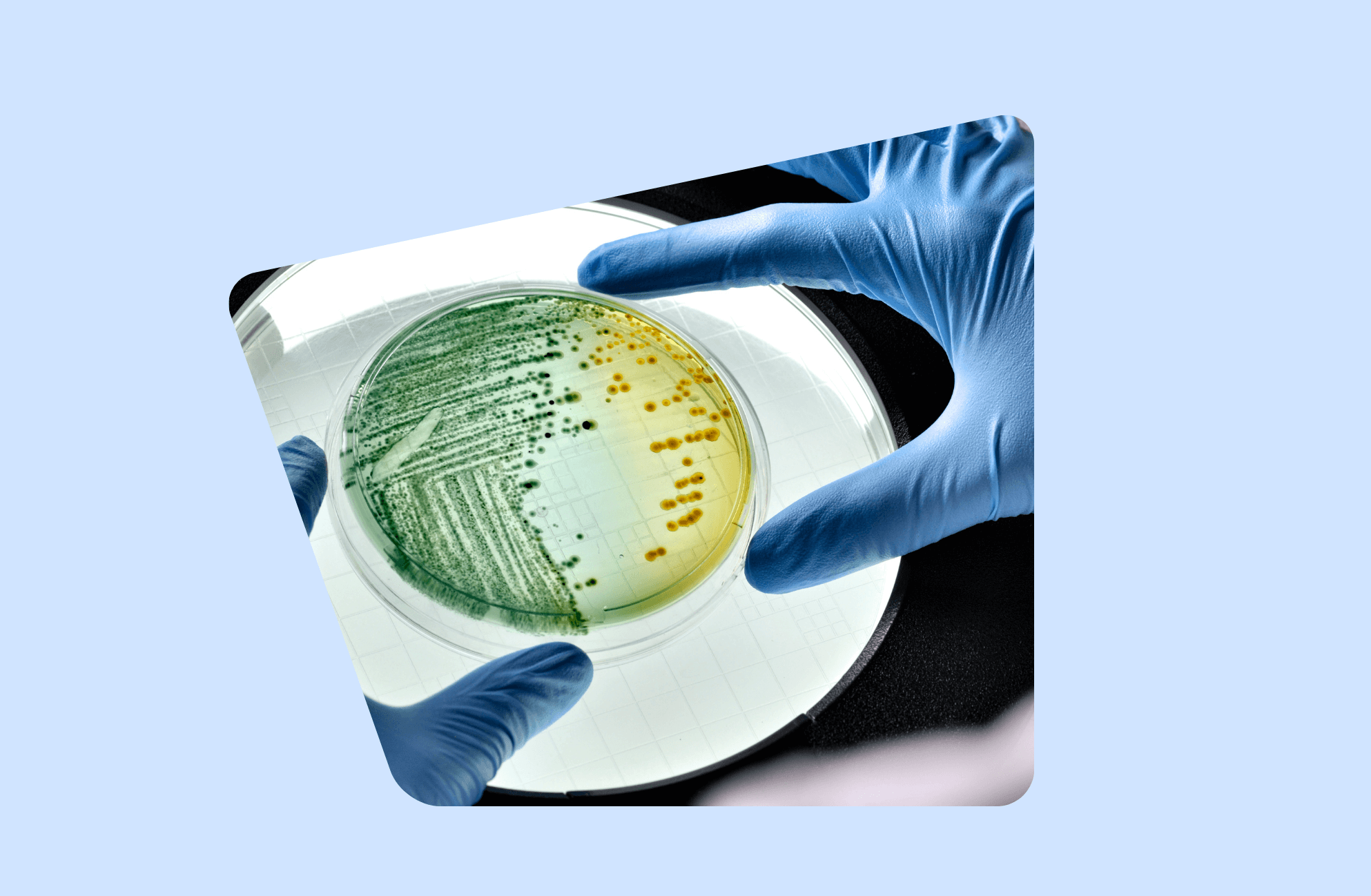Optimizing Microbial Processes across the Process Lifecycle with DataHowLab
Microbial bioprocesses present unique challenges that require specialized modeling approaches. Unlike mammalian systems, they operate on much faster time scales, often with exponential growth phases that demand high-resolution, dynamic models.
The diversity of microbial hosts—such as E. coli, Pichia pastoris, and Saccharomyces cerevisiae—means that models must adapt to organism-specific kinetics and metabolic behaviour. Additionally, many processes rely on inducers to trigger production, requiring models to capture time-dependent effects. Irregular sampling intervals and missing data are common, necessitating models that handle non-uniform time-series data robustly.

Assessing the impact of DataHowLab’s hybrid models across a process lifecycle
DataHowLab’s hybrid models, both structured and flexible, offer a robust solution to working effectively within challenging process conditions. DataHowLab’s models and model-based applications:
- Enable a deep and efficient understanding of complex microbial processes, even with their distinct characteristics
- Support the efficient design and optimisation of microbial processes during development
- Uncover the drivers of unexpected process behavior in microbial systems, despite low variability in controlled manufacturing conditions
To investigate the application and impact of DataHowLab on Microbial bioprocessing, three cases are investigated, across development and manufacturing:
Case 1: Evaluate the effectiveness and efficiency of DataHowLab in modeing and understanding microbial processes.
Case 2: Evaluate the effectiveness and efficiency of DataHowLab in optimizing microbial processes.
Case 3: Evaluate DataHowLab’s ability to identify root causes of variability in microbial manufacturing processes.
Key Results
DataHowLab is a key aid to process scientists working across the process lifecycle, from generating process insight to support optimization and design, to root-cause analysis in manufacturing. For the full results with supporting plots, download the full case study below:
Case 1: A yeast process at 5.5L was modeled using DataHowLab. Despite the inherent complexities of microbial processes, only a minimal number of runs were required before DataHowLab’s hybrid models were able to accurately predict the process.
Case 2: DataHowLab’s optimal experimental design, powered by DataHow’s hybrid models, offers an AI-adapted methodology to reduce time to insight, accelerate learning, and minimize experimental burdens.
Case 3: DataHowLab was able to perform a highly complex route anaylsis for an E.coli process which was experiencing variations in final titer in the main fermenter, despite running in controlled conditions.
Should you wish to further explore the case with the DataHow team, please contact us directly.
